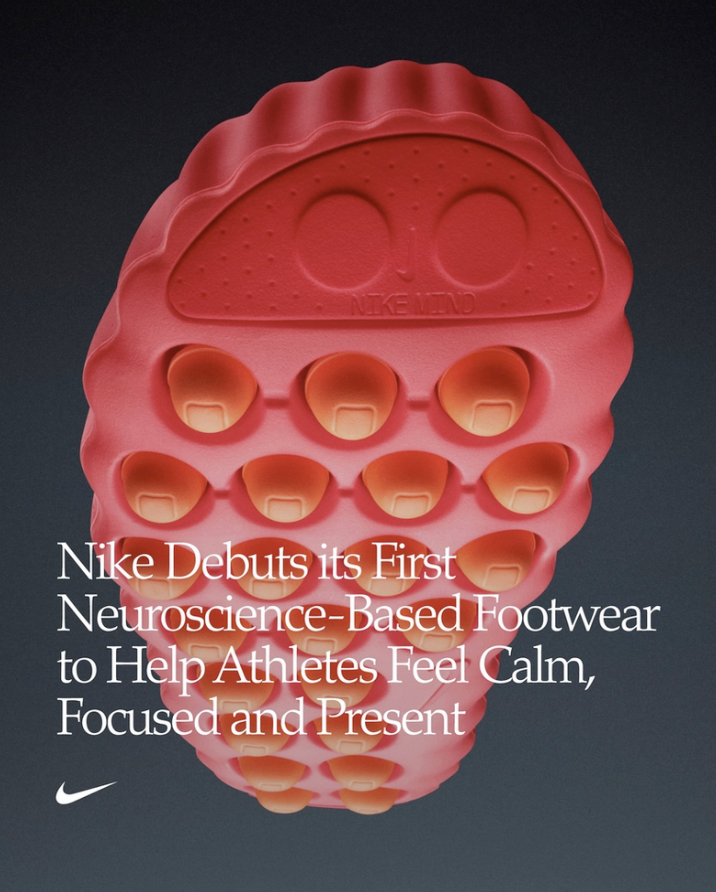This Week in Neuroscience and Psychedelics
This common antibiotic could reduce the risk of schizophrenia. And we finally have proof of the link between trauma and misbehavior.
This Week...
A new study published in the American Journal of Psychiatry has suggested that doxycycline, a common antibiotic, may reduce the risk of schizophrenia when prescribed to adolescents receiving mental health care.
Researchers analyzed data from more than 56,000 patients and found that those who took doxycycline had a 30 to 35% lower chance of developing schizophrenia later in life.
The effect is thought to stem from doxycycline’s ability to calm brain inflammation and regulate synaptic pruning, which are key factors in brain development. Although the results need to be validated through clinical trials, the findings highlight a potential new pathway for preventing severe psychiatric disorders. Check it out: https://psychiatryonline.org/doi/10.1176/appi.ajp.20240958
Researchers from Virginia Tech’s Center for Neurobiology Research have discovered that aggression and self-harm share a biological foundation in the brain’s response to early-life trauma. They found that trauma increases activity in calcium channels within a neural circuit connecting the nucleus reuniens (which helps regulate emotional responses) and the hippocampus, thereby amplifying pain processing and impulsive behavior.
This hyperactivation predisposes individuals to both self-injury and aggressive outbursts later in life. The findings offer the first mechanistic explanation linking trauma, pain sensitivity, and maladaptive behavior, thereby opening doors for more precise treatments for trauma-related disorders. Here’s more: https://www.science.org/doi/10.1126/sciadv.ady5540
Roche has offered Manifold Bio, a platform therapeutics company, $55 million to develop blood-brain barrier (BBB) shuttles for a variety of different neurological and neurodegenerative disease therapies. This is pretty much a “down payment” on a licensing deal that could be worth as much as $2 billion.
Roche has actually been working on BBB shuttles for years in an effort to improve the delivery of medicines into the central nervous system. Its current BBB technology is being tested in clinical trials right now, with therapeutics targeting Alzheimer’s disease and multiple sclerosis. Check it out: https://www.manifold.bio/news/manifold-bio-announces-strategic-collaboration-with-roche-to-develop-multiple-next-generation-brain-shuttles-for-neurological-diseases
Did You Know?
Did you know that Nike has introduced “Neuroscience Sneakers” that can stimulate the brain?
Not only is this noteworthy as an interesting anecdote, but it’s also intriguing from an industry standpoint. With these new shoes, we can surmise that Nike is starting to see the future of footwear as “neurotech-infused.”
Nike reps told reporters that these shoes represent the first innovations born from Nike’s Mind Science Department, a cutting-edge group within the Nike Sport Research Lab that’s deepening Nike’s understanding of the mind-body connection.
Leveraging one of very few mobile brain and body imaging labs in the world, the Mind Science Department’s neuroscientists study the nervous system, brain activity and cognition of athletes in motion – leading to unique insights informing a completely new category of products and services to help athletes better prepare, train, compete and recover.
The new shoes will be available in January 2026.
